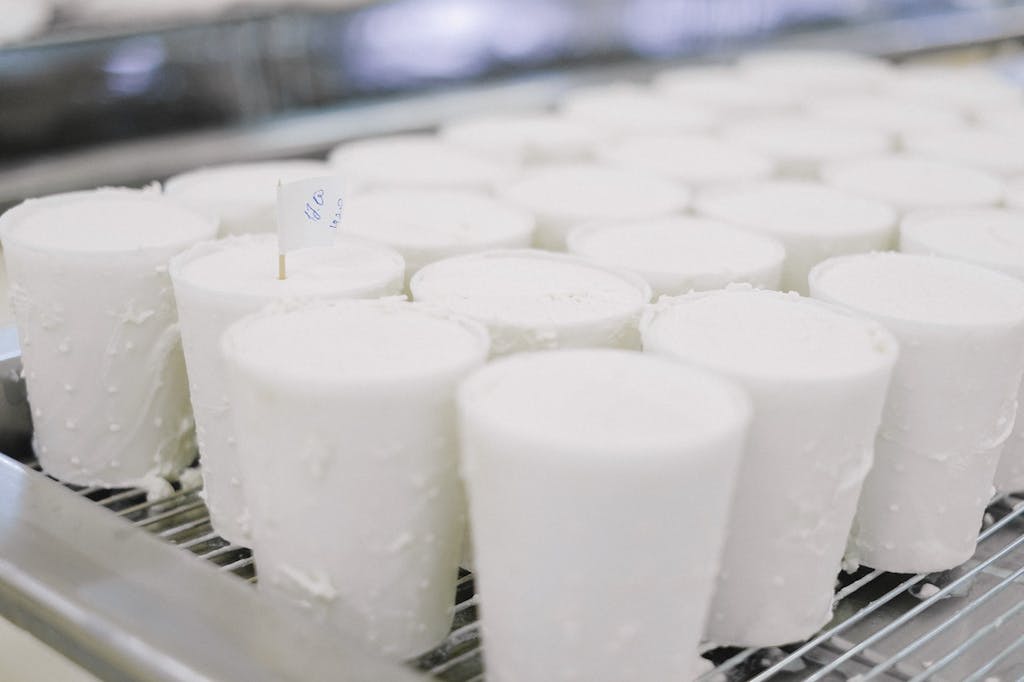Good Manufacturing Practices (GMP) is a standardized set of practices created by the U.S. Federal Drug Administration (FDA) to establish guidelines for the import of food products.
The practices were designed to create food manufacturers and supply chains that reliably produce food that is safe for consumption. It became impractical for the FDA to inspect every new product on the market and created GMP to shift the focus to educational efforts and audits focused on creating quality manufacturers. The entire strategy was unveiled in the FDA Strategy for the Safety of Imported Food.
Since its creation, GMP has become a standard expectation for food manufacturers around the world, including within the United States. The general ideas behind GMP have also transcended food and have been adopted by many other industries, such as electronics and automotive manufacturing.
Food manufacturers should be GMP compliant to open up new opportunities around the world and within their own countries. GMP compliant manufacturers are viewed as capable of reliably producing safe food. It’s well worth investing in becoming GMP compliant to protect the ongoing success and reputation of your company.
Why Do Businesses Need to Manage GMP Compliance?
Food manufacturers that are not GMP compliant often struggle to find partners due to typically being considered less safe than GMP compliant options. What is GMP compliance? Companies that are GMP compliant have proven that they have refined or overhauled their processes in order to produce safer and higher-quality products. Earning compliance requires the completion of a GMP audit.
GMP audits are conducted by a third-party company. A team of auditors will visit the facility and thoroughly examine every aspect of the facility, its supply chain, and its documented process. These audits are rigorous examinations and must be passed to become GMP compliant.
Technically speaking, a company could follow every GMP requirement and improve its manufacturing processes. However, without the GMP audit, they are not considered GMP compliant and will not be treated as such by other companies.
Managing GMP compliance is required before and after the formal audit. Having thorough documentation for any of the topics related to GMP compliance will greatly help during the audit process. Equipping safety technicians with a mobile inspection solution is essential for gathering all of the data that will be required for the GMP audit.

What Do GMP Audits Cover?
Now that you know why you need to be GMP compliant, what does that mean at a practical level? The major areas that are assessed during an audit are:
- Personnel: Every procedure related to employee training, food handling qualifications, dress codes, and supervision policies will be evaluated.
- Facility and grounds: The entire facility and the lot that’s it on must be well maintained and have a provably safe environment. Items like ventilation, water drainage, and light bulb protection will be evaluated.
- Sanitary procedures: How is the facility kept sanitary? Processes related to pest control, waste disposal, and hazardous material storage, and any other topic related to cleanliness will be thoroughly scrutinized.
- Facility utilities: All facilities must have constant access to potable water and any other utilities that are necessary to produce safe products.
- Equipment: All equipment within the facility must be provably maintained and in good working order. Equipment must also be manufactured from non-toxic materials and even be designed to prevent the build-up of microorganisms.
- Quality control process: How well is your company handling its own quality control? Every policy related to quality control will be thoroughly assessed to ensure that only safe products are leaving the facility.
- Warehousing and storage procedures: Are materials and the end product being safely handled at every step in the process? Your procedures need to show that everything is being handled appropriately and that you can probably document safe handling.
- Proper labeling and distribution for non-human materials: Many manufacturers produce byproducts that are intended for animal consumption. These byproducts must be properly labeled, stored, and handled so that they do not interfere with products meant for human consumption.
- Defect action plans: What happens if a defective product is manufactured? How does your team identify and correct the root cause of the issue? An actionable plan must be in place to handle defects.
You can see how passing a GMP audit will require a significant effort from your company. It’s important to equip every employee with the right tools so that all of the relevant data can be gathered and analyzed.

Use the Right Tools to Manage Your GMP Compliance
Employees need constant access to the tools required to gather data that are related to GMP compliance criteria.
Mobile inspection solutions like monitorQA provide a way for employees to document completed tasks and any potential issues in an application that can be monitored by managers. The right tools are required for any company that aims to earn and maintain GMP compliance.
Are you looking to improve GMP compliance? Book a demo today and see how monitorQA can help.



